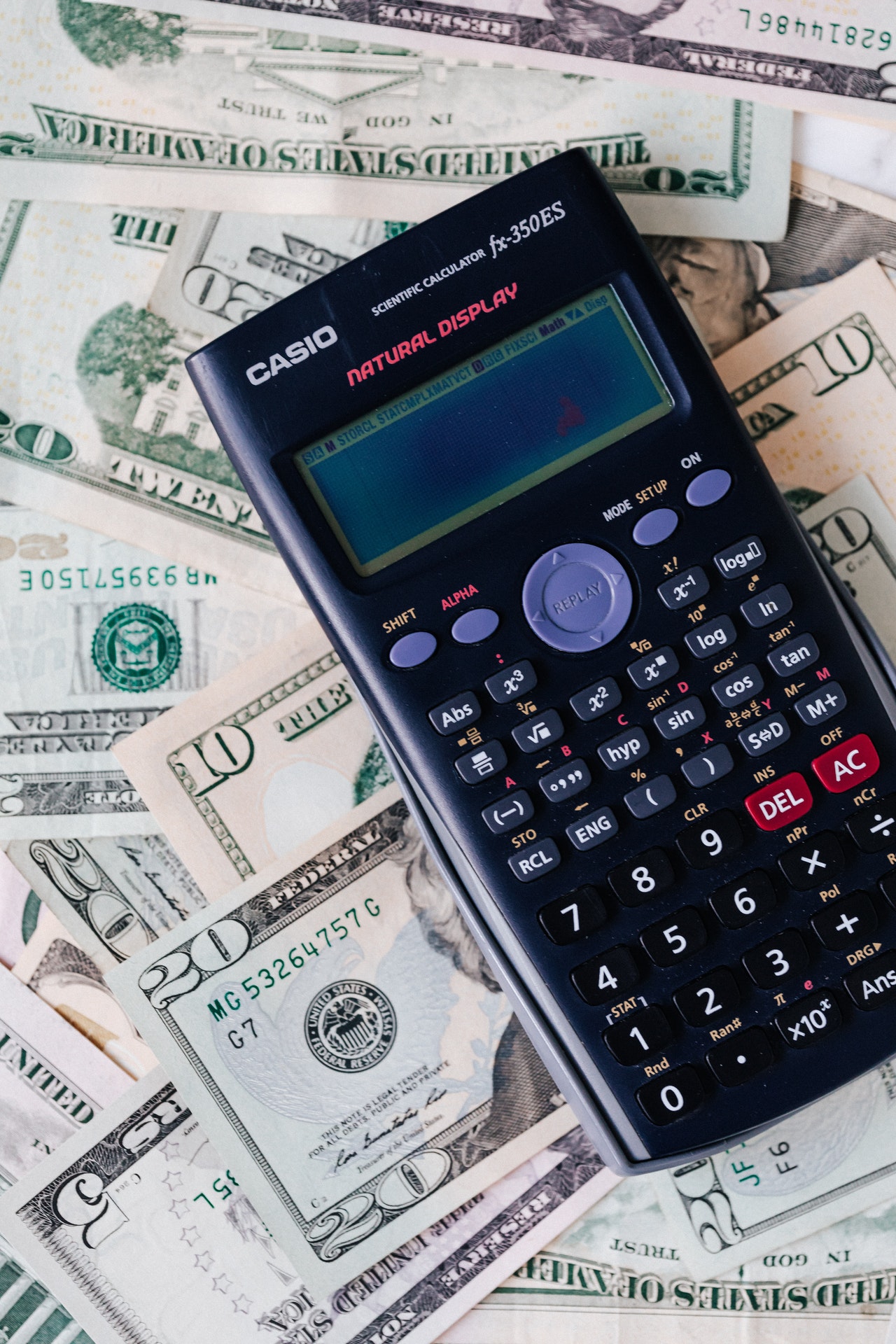Practicing Better Money Management
Staying on top of your finances and spending money as smartly as possible is always going to be a worthwhile subject of your attention, regardless of your income. You want your money to take you as far as it can, and you likely have set goals in mind. Financial goals may include saving up for an expensive item, moving to a new home, starting your own business, or simply establishing a larger savings account. Being more mindful about how you manage your money can help to significantly improve your finances, reach your goals, and continue setting new ones. Here are some tips on how you can practice better money management.
Stick to a Monthly Budget and Track Your Spending
You should keep track of all of your major expenses and what you spend in a given month to establish a comprehensive budget. Major expenses may include housing, car payments or transportation costs, insurance and medical bills, utilities such as electric and gas, cell phone and internet bills, and loan payments. These items will comprise your principal budget. Additional items that can go into your budget may include secondary expenses related to entertainment, dining out, or shopping for things that you want rather than things that you really need. You need to have fulfilled all of your primary expenses in your monthly budget before you spend on your secondary expenses that aren’t essential. Rather than just writing it all out, you may find it helpful to use an app that can track how much you spend on different categories of expenses. You need to track how much you spend on each item every month to identify areas where you are overspending or may be able to realize some improvement in your spending habits. If you don’t consistently keep track of spending, it’s easy to lose sight of the real cost of individual spending practices. What seems like a small amount in each single transaction can really add up over time. Having a clear record of how you spend your money will help you put your budget and spending habits into perspective and allow you to make well-informed decisions about allocating expenses.
Don’t Get Overburdened by Credit Card Debt
When you have a credit card with a high limit, it may be tempting to spend money that you don’t have to in order to fulfill an immediate need or get something that you really want. However, you have to use your available credit with the utmost caution and restraint. If you have a bill for a major expense that needs to be paid immediately, then it’s worth paying with credit. However, if you find that you’re using credit to buy things that you don’t need urgently but simply just want to have, you may need to be more selective about how you choose to utilize your credit. Many cards carry high interest rates and when you carry a balance forward over a period of several months, you can get heavily weighed down by interest. In fact, interest owed can come to reach nearly as much as your principal owed. If you have to spend money covering high volumes of interest, you’ll be less able to afford the things that you want in the months and years ahead. Moreover, continuously using more than thirty percent of your available credit line can substantially impact your credit score and cause it to become gradually lower month after month. Conversely, keeping a low balance and consistently making payments that are greater than the minimum payment due will have a positive impact on your credit score, possibly qualifying you for better credit rates in the future.
Stay Informed About Your Credit
It’s advisable to do a credit check on yourself on a regular basis. Staying up to date about the current condition of your credit will help you identify the activities that have the most negative effect and recognize what activities have a positive effect and raise your credit score. In addition, you want to be able to catch any mistakes as soon as possible. A mistake may be indicative of identity theft. Once one false account has been created with your information, more may follow unless you take swift action. Ultimately, checking your credit is good for your finances because it can help you stay on target to get favorable rates on things like refinancing a loan or leasing or buying a car. You can know in advance if poor credit will be an obstacle to important financial matters such as renting an apartment or even qualifying for a job.
Seek Out Savings
Sometimes people refer to being “cheap” in a negative light. However, being cheap doesn’t necessarily signify that you spend unreasonably little, you don’t buy the things that you need, or you’re ungenerous. Instead, think of cheapness as a virtue. Being cheap is indicative of sensibility, recognizing a good value, and finding savings where you can. Getting things affordably should be fun, and you can derive some satisfaction in knowing that you didn’t spend more than you had to spend to get what you wanted. One caveat about seeking out savings is that you don’t want to spend so little on something that you compromise quality. If something doesn’t work well, won’t last, or has overall poor quality, then it’s not worth the money, no matter how inexpensive it is. Also, if the quality of a particular item is especially important to you, then it’s worth it to spend a little more on it. If for example, you’re a connoisseur of coffee, then it makes sense to spend a little more to get the coffee that you like instead of making yourself drink coffee that you don’t like just to save a little bit of money. Nevertheless, when you know that you’re getting a good deal on the coffee that you really like, you may find that you enjoy it even more.
Improving your financial outlook requires establishing and maintaining a budget, staying focused on affordability, avoiding frivolous spending, and monitoring your credit. Use technological tools and apps to manage your finances and stay well-organized.


